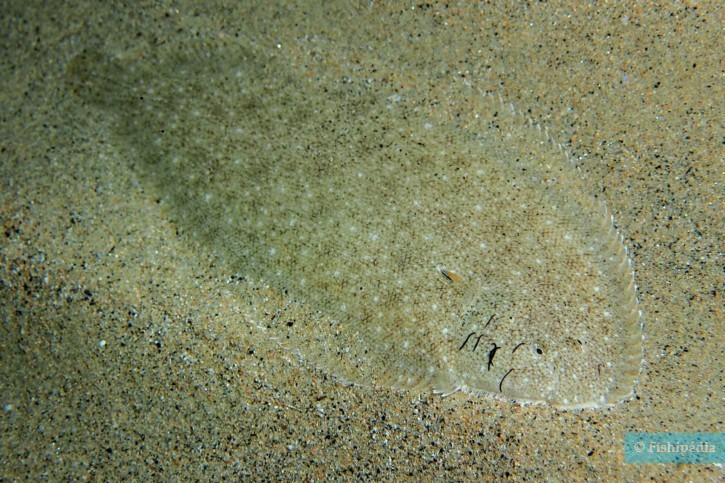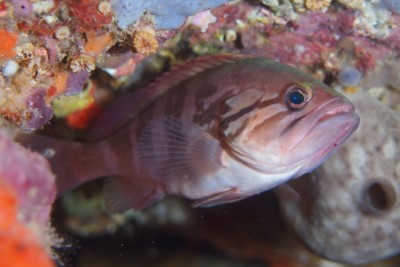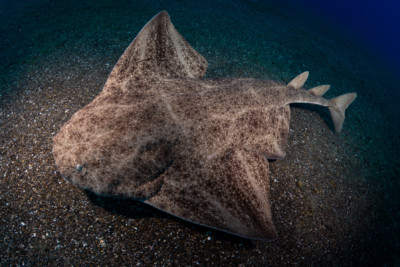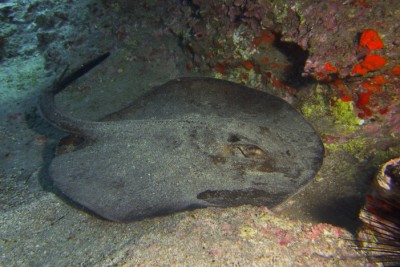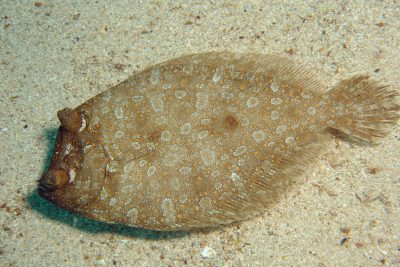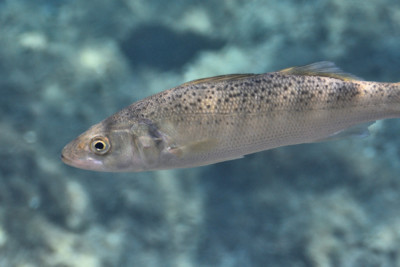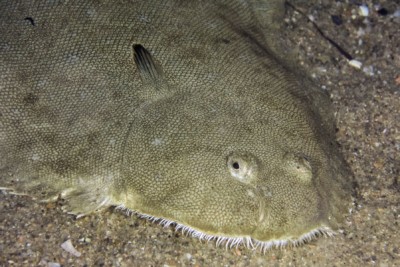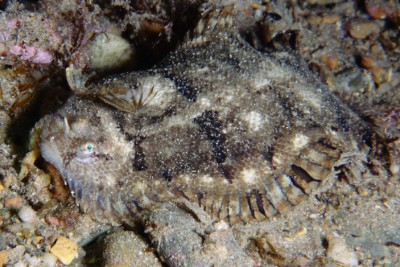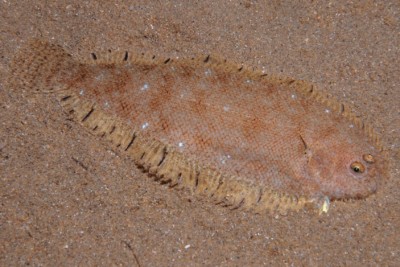sand sole
| Scientific name | Pegusa lascaris |
|---|---|
| Descriptor | Risso |
| Year of description | 1810 |
| IUCN category (World) | LC |
| Family | Soleidae |
| Genus | Pegusa |
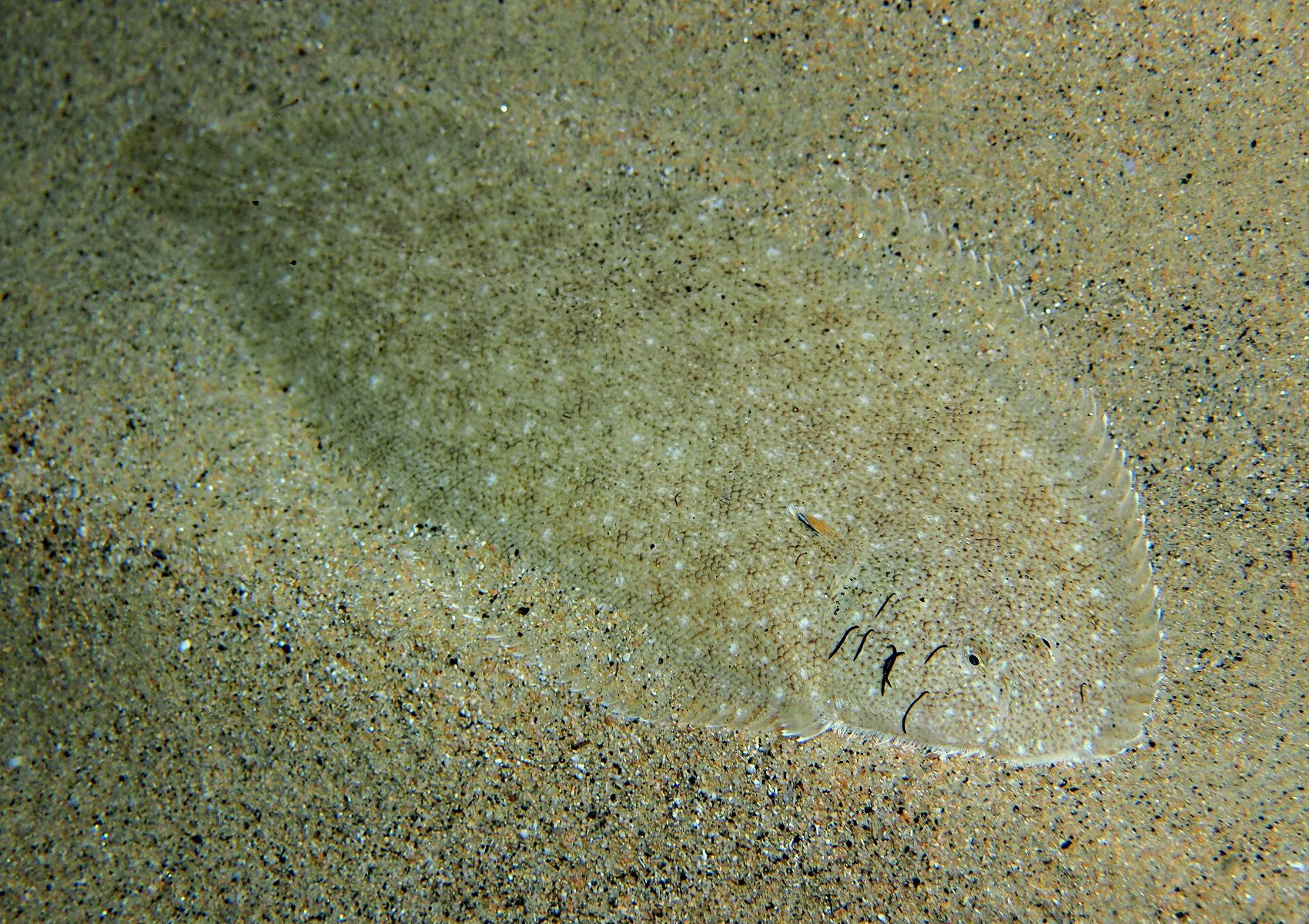

Introduction
Pegusa lascaris, commonly known as sand sole, is a salt water fish.
This sheet is currently being prepared. The texts currently proposed come from our data model or are being drafted. To request priority for this content, you can write to us HERE.
Who is it?
Morphology
-
Average size30 cm
-
Maximum size40 cm
-
Longevity13 year
-
Patterntasks
-
Average size30 cm
-
Maximum size40 cm
-
Longevity13 year
-
Patterntasks
How to recognize This fish ?
The sand sole measures around 30 cm. The dominant males can however reach 40 cm. This fish is unicolore with a predominantly marron and beige body. The also has noir, marron and blanc tasks.
Sexual dimorphism
The adult male is bigger than the female.
Behaviour & Life cycle
-
dietcarnivorous
-
Sociabilitysolitary
-
territorialNo
-
Way of livingdiurnal
Chromatophores are pigment cells that reflect light in the integument of some animals. They are mostly responsible for the color of the skin and eyes of cold-blooded animals and are created by the neural crest during embryonic development.
The sand sole is a fish solitary naturally found on the bottom. This species is carnivorous .
n general, this species does not care much about other animals crossing its path.
Reproduction
-
Reproductionovipare qui pond en eau libre
The sand sole is a fish ovipare qui pond en eau libre. This fish protects its eggs from nearby predators.
Harmless species
This species does not represent any particular threats to humans when encountered in its natural environment.
Origin and distribution

Conservation status of populations (IUCN)
What is its habitat?
Natural environment characteristics
-
Temperature11 - 28 °C
-
Depth5 - 350 m
Biotope presentation
The sand sole is most often found at a depth between 5m and 350m. However, it is not impossible to find this species at other depths.
Species of the same biotope
To go further
Sources & Contributions
Participation & Validation
The Fishipedia team and specialist contributors are committed to providing high-quality content. However, although the information comes from scientific sources or testimonials from specialists, the cards may contain inaccuracies.

Adrien Falzon
Translation
Translation done with the valuable contribution of our translators, who make this information available to a wider audience. We sincerely thank them for their commitment.
Scientific partners
Tags
Species of the same family
Species of the same biotope
